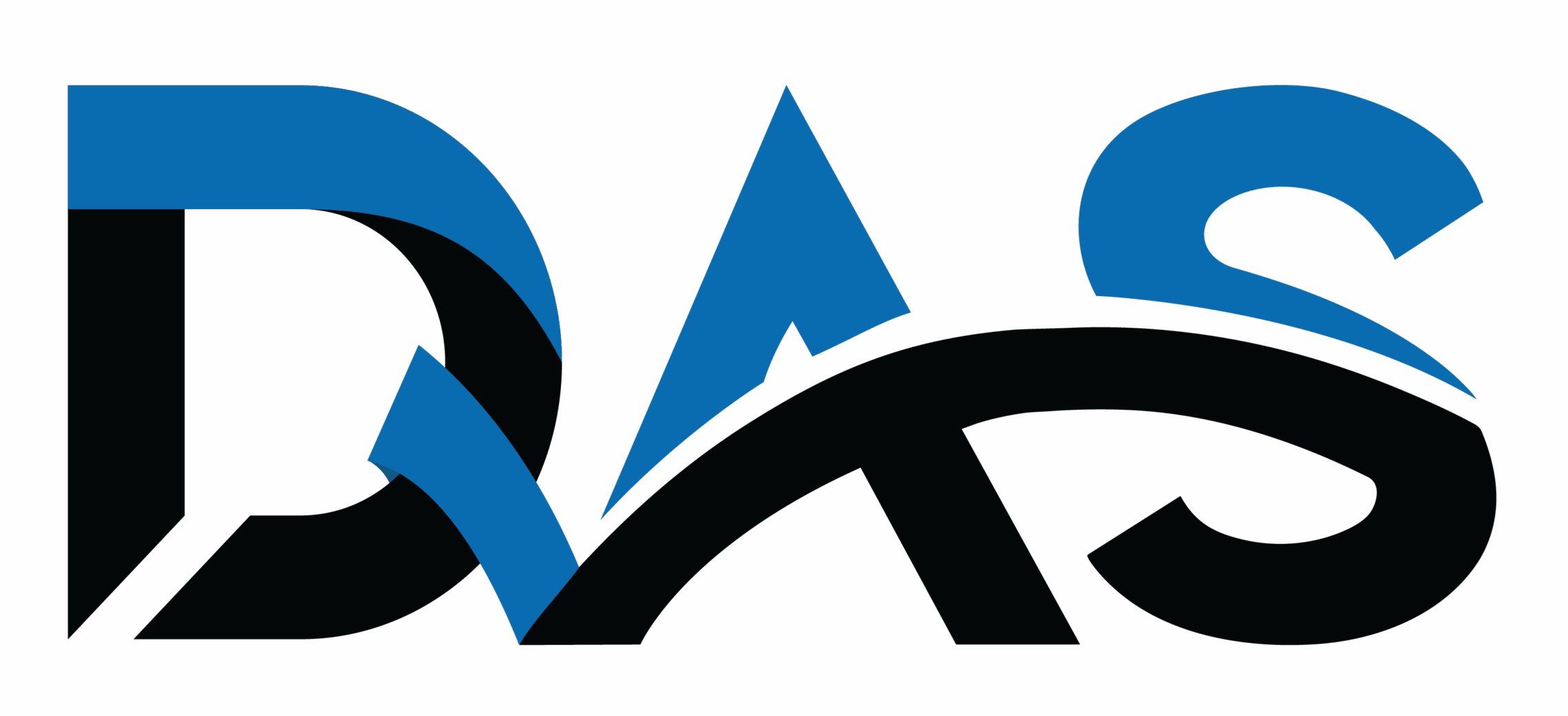ISO 13485 Certification
🏥 ISO 13485 – Quality Management System for Medical Device Manufacturing
📌 What is ISO 13485?
ISO 13485:2016 is the internationally recognised quality management system (QMS) standard for the medical device industry. It ensures that medical devices consistently meet customer expectations and regulatory requirements, supporting safety, reliability, and performance across healthcare environments such as hospitals, clinics, and laboratories.
The standard builds on the ISO 9001 process model but includes additional sector-specific requirements tailored to medical devices. Its main aim is to harmonise practices, reduce risks, ensure compliance, and improve efficiency throughout the product lifecycle.
ISO 13485 applies to organisations involved in:
🔹 Design and development
🔹 Manufacturing
🔹 Installation and servicing
🔹 Distribution and importation
🔹 Supply of components or related services (sterilisation, packaging, testing)
🔑 Key Elements of ISO 13485
✔️ Enhanced QMS requirements tailored to the medical device sector
✔️ Risk management approach applied throughout the product lifecycle
✔️ Validation of critical processes
✔️ Compliance with statutory and regulatory requirements
✔️ Effective traceability and recall systems
📋 Requirements for ISO 13485 Certification
To achieve certification, organisations must demonstrate effective implementation of the following:
🏗️ Quality Management System (QMS) Structure
- Define and document QMS processes across the product lifecycle
- Establish a quality policy and measurable objectives
📜 Regulatory Compliance
- Identify and integrate national and international regulatory requirements
- Maintain documented evidence of conformity
⚠️ Risk Management
- Apply a risk-based approach to design, development, manufacturing, and post-market surveillance
🧪 Design & Development Controls
- Document design procedures and verify/validate designs
- Control and document design changes
🤝 Supplier & Purchasing Controls
- Evaluate and monitor suppliers to ensure compliance
- Maintain approved supplier lists and performance records
🏭 Production & Process Controls
- Define, monitor, and validate production processes
- Ensure traceability and compliance with cleanroom/sterilisation needs
📣 Complaint Handling & CAPA
- Establish processes for complaint management
- Implement Corrective & Preventive Actions (CAPA)
📊 Post-Market Surveillance
- Monitor product performance in the market
- Implement recalls or safety notices when required
🔍 Internal Audits & Reviews
- Conduct regular internal audits
- Perform management reviews to assess QMS performance
📑 Documentation & Records
- Maintain accurate, retrievable, and secure records
- Control documentation versions effectively
🌍 Who Can Apply for ISO 13485?
This certification is relevant for:
🏭 Medical device manufacturers
🧑🔬 Design & development organisations
🔗 Component suppliers in the medical device supply chain
📦 Distributors and importers
🧰 Service providers (sterilisation, packaging, testing)
🎯 Benefits of ISO 13485 Certification
✅ Market Access – Meets regulatory requirements in major markets (EU, US, Canada, Japan)
✅ Customer Confidence – Builds trust with healthcare providers, regulators, and patients
✅ Process Efficiency – Standardises processes, reduces risks, and improves cost control
✅ Product Safety & Reliability – Lowers the risk of failures, complaints, and recalls
✅ Competitive Advantage – Enhances reputation in global markets
✅ Supply Chain Qualification – Enables supplier approval by large manufacturers
✅ Legal & Risk Mitigation – Demonstrates adherence to recognised best practices
✅ Continual Improvement – Promotes ongoing product and process enhancements
🛡️ How DAS Can Help
DAS supports organisations through:
✔️ Pre-assessment gap analysis
✔️ Certification audits (initial, surveillance, recertification)
✔️ Integrated audits (ISO 13485 + ISO 9001)
✔️ Awareness & internal auditor training
✔️ Ongoing compliance support tailored to business needs
✨ With ISO 13485 certification, organisations can build trust, compliance, and global competitiveness in the medical device industry while protecting patients and strengthening operational excellence.
